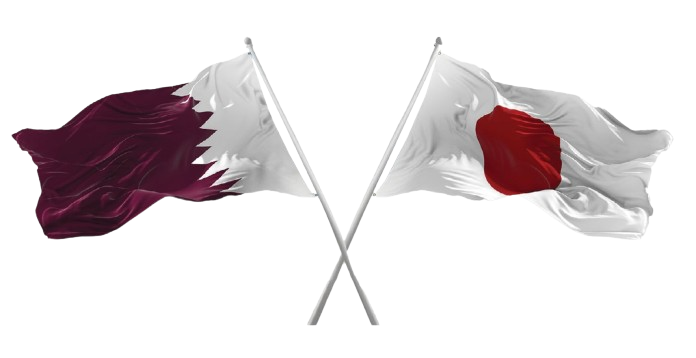
DOWNLOAD YOUR BOOK
Beyond Fifty Years of Partnership:
Advancing Japan – Qatar Economic Relations with the Visionary Leadership of
H.H. Sheikh Tamim bin Hamad Al Thani, the Emir of the State of Qatar
Download your book
AR
EN

The Official Publication of the State of Qatar Embassy in Japan Celebrating 50 Years of Excellence and Achievements of the State of Qatar
2 Chome-3-28 Motoazabu, Minato City, Tokyo 106-0046, Japan
CONTACT
MAIN LINKS
Al Safeer Group, the Official & Exclusive Delegate
Office in Doha: PO Box 37977 – Doha, Qatar / Tel: +974 5555 6254
Email: chairman@alsafeergroup.org
Head Off.: AT5 Global, 3 Charlton Lodge, Temple Fortune Lane, London, NW11 7TY,
Email: management@alsafeergroup.org
UK / Tel: +44 203 76 91 779
AL SAFEER MARKETING TEAM
Mr Elie - Qatar & Japan Tel :+44 203 769 17 79
Email: elie@alsafeergroup.org

